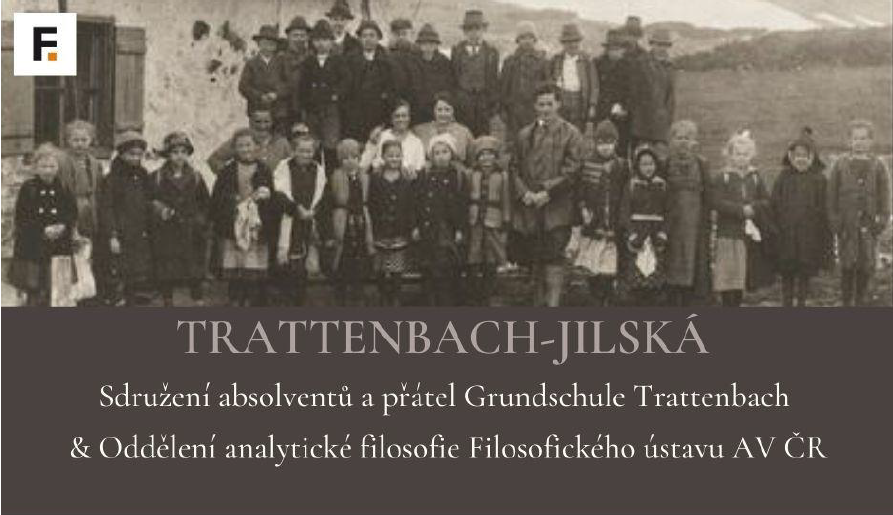Jacob Stegenga (University of Cambridge), Judging Science
6.5.2024
15:00, Seminar room, Centre for Medieval Studies, Institute of Philosophy, CAS, Jilská 1, Prague
L’Aquila is a medieval Italian town nestled in the Apennine Mountains. One night in 2009 an earthquake shook the town, killing hundreds of people. A week earlier earthquake specialists had advised officials, correctly, that the probability of a serious earthquake was low. Yet after the earthquake, prosecutors pressed criminal charges on those scientists, accusing them of negligence. Major science organisations claimed that the scientists were being unfairly accused. How should we judge the public proclamations of scientists? When scientists say, for example, that masks slow the spread of Covid, or that we should lockdown society, with what standards should we assess such claims? Using terms of art from philosophy, this question asks: what are the ‘norms of assertion’ for science? Despite the importance of scientific assertion for society, philosophers of science have said little about it, while some epistemologists tell us, based on scandalously implausible arguments, that an assertion is appropriate only if it is true or known. I argue instead that assertions need not be true to be appropriate, rather, assertions should be justified and informative. I then illustrate the violation of informativeness and justification by two prominent research programs during the Covid-19 pandemic.



